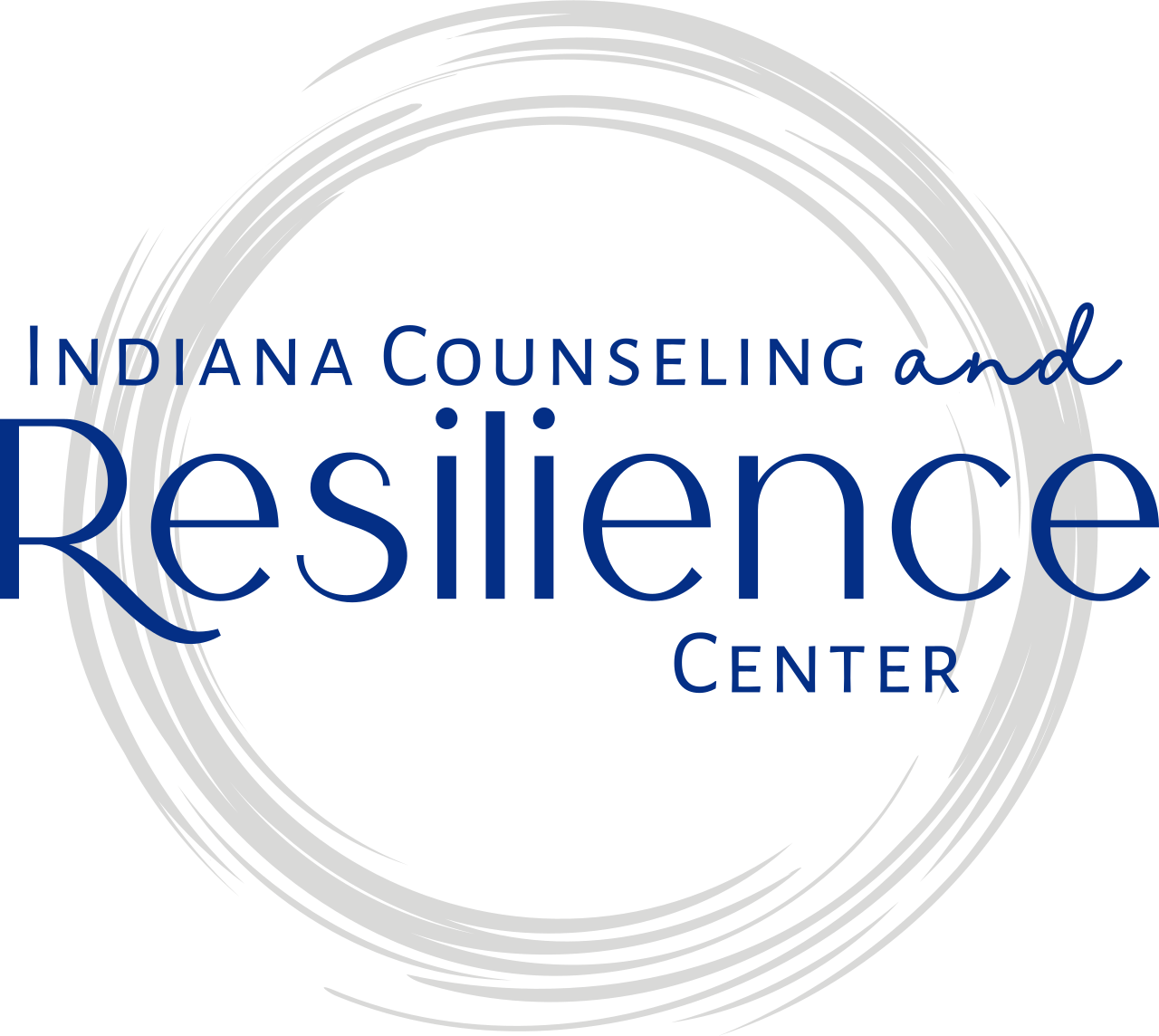Parentification: When You Have to Grow Up Too Fast
Both of my parents weren’t the most emotionally available growing up. They both were dealing with their own mental health struggles, making it difficult for them to be there for me and in tune with my emotions. I can have perspective on this as an adult, but as a kid I thought it was my fault they didn’t pay more attention to me. My dad, in particular, has schizophrenia. This causes him to hear voices and experience paranoia, such as wondering if others are talking about him.
I remember talking to him even as a young child and having a sense he was not fully present and at times distressed in a way I could not fully understand at the time. Even still, I tried growing up to comfort him and reassure him.
I realize now this laid the foundation for me to put others’ needs above my own and try to care for others even if I feel only so equipped to do so. This is an example of parentification. In a healthier parent-child dynamic my dad would have been able to meet my needs better and his own needs would have not gotten in the way of mine being met. If this example at all resonates with your childhood experiences, you may have been parentified.
Additional signs you experienced parentification:
Having to watch siblings for too long or at too young of an age.
Being left home alone for unsafe periods of time given your age and maturity level at the time.
Intervening when domestic violence occurred at home. This could be physically putting yourself in between your parents, comforting them after the fight, and being left or expected to clean up if a mess was made as a result (such as broken glass).
Providing some sort of financial support to parents.
Parents sharing an inappropriate level of detail, such as about financial concerns or issues in their sex lives, given your age and relationship with them.
Having to take initiative with things that typically a parent would. For example, an elementary school student coordinating with a classmate to get to student registration because their parent either was for some reason uninvolved or unwilling to do this.
What Now?
If you believe you experienced parentification, you could benefit from working with a therapist who is knowledgeable on this topic and has helped others with similar concerns. A therapist can help you identify how parentification continues to impact you and work through past trauma. Sometimes people who have experienced parentification can find healing in discussing these experiences with their parents. This can be a complex and potentially further traumatizing thing to navigate. A therapist can help you identify if discussing these issues with your parents would cause you further harm (such as if your parents gaslight you or blame you) or if it’s likely to help you heal (such as because your parents take accountability and apologize).
A final takeaway, it’s possible to both love your parents or primary caregivers and recognize ways they could have done a better job. I love my dad and recognize now he has and continues to love me as best as he is humanly capable of.




